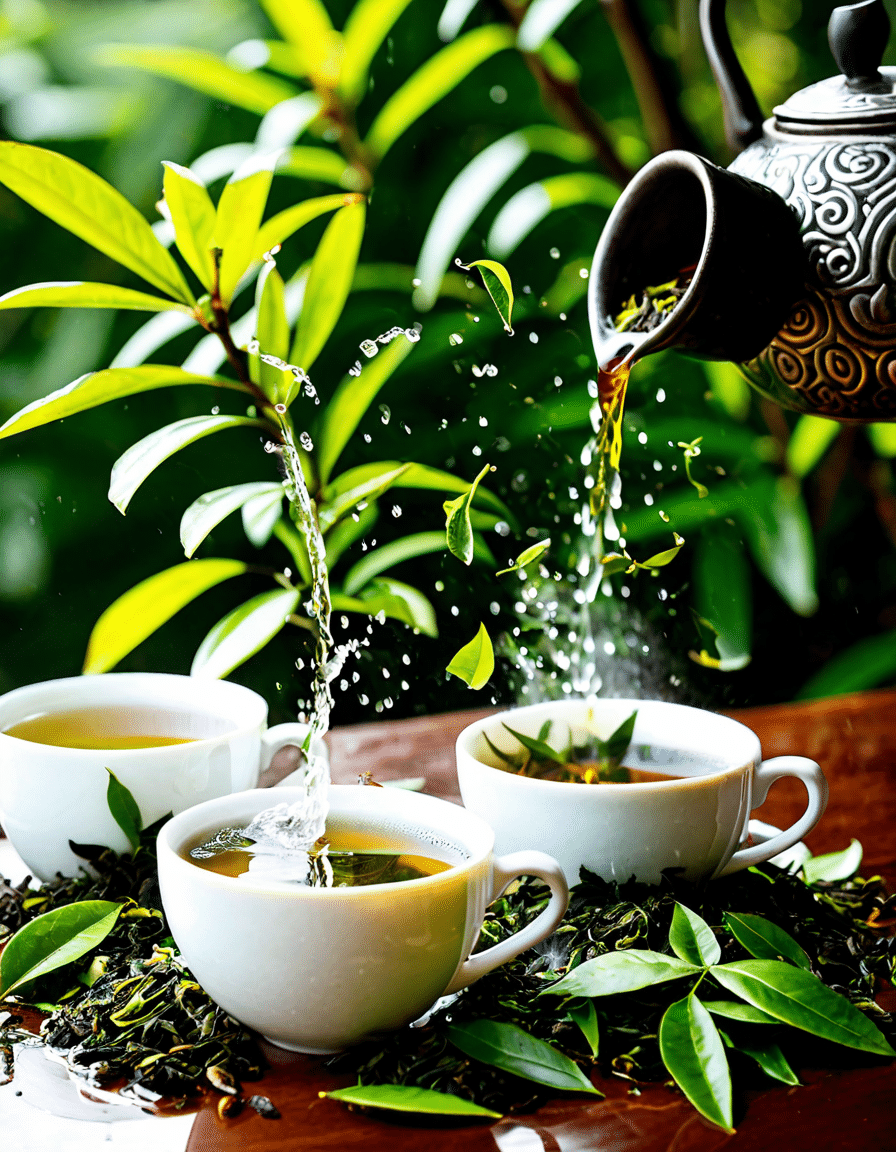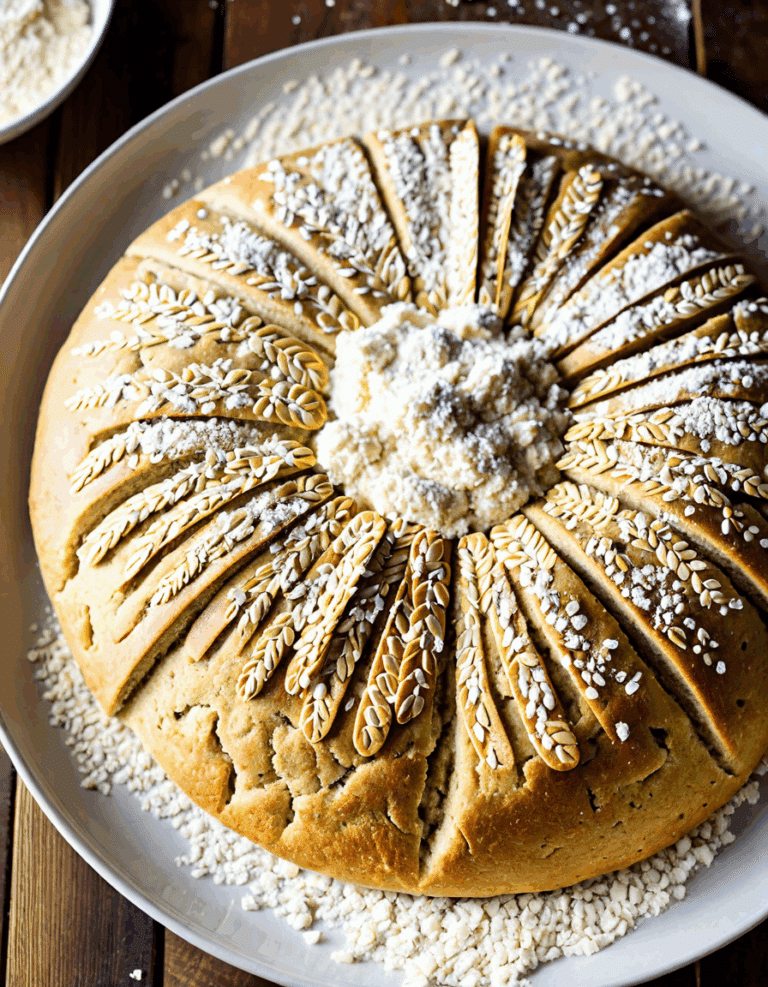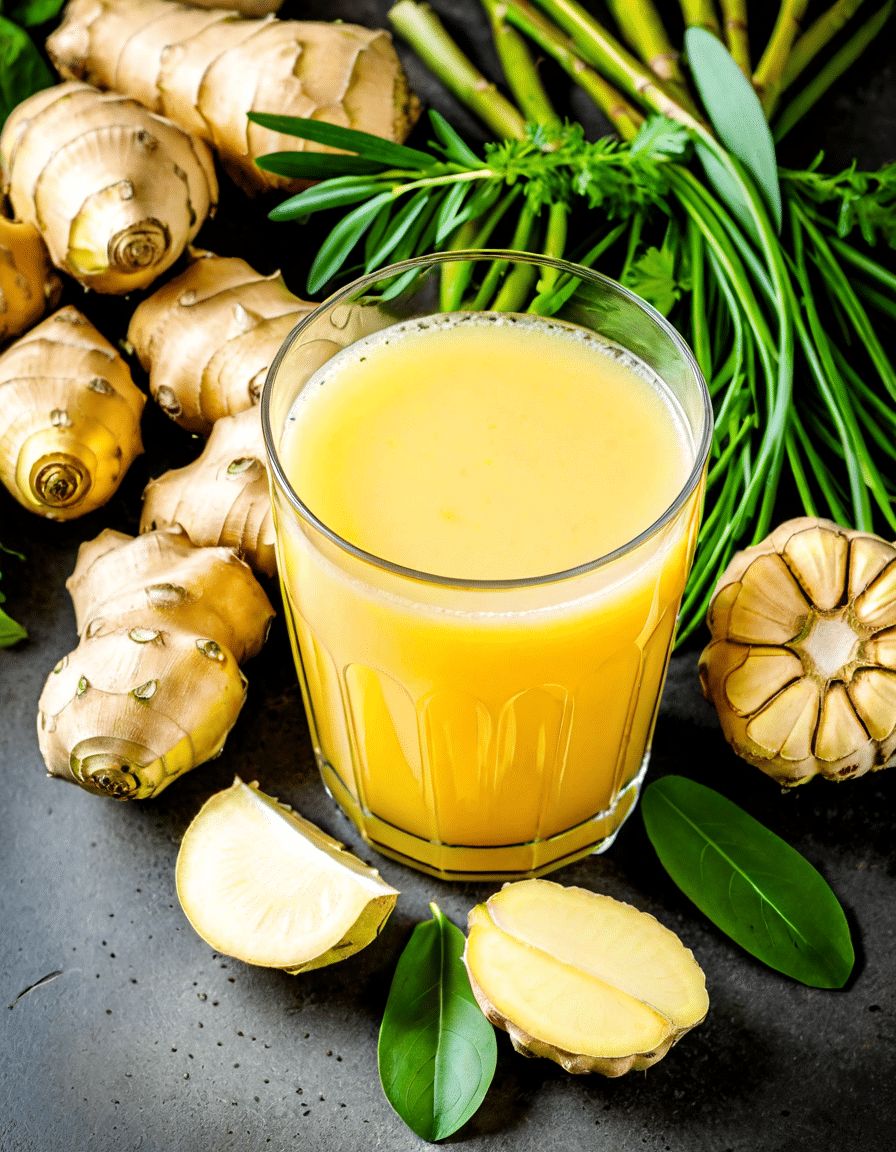When you think of Ceylon, the thoughts of rich greenery, spirited tea culture, and an iconic beverage come to mind. This beautiful island nation, now known as Sri Lanka, has captured the hearts of tea enthusiasts worldwide. For over a century, Ceylon tea has cemented its reputation for excellence, becoming an emblematic symbol of the region. Let’s dive into the extraordinary tea culture of Ceylon, and along the way, explore its history, attractions, and even its influence on global wellness.

Exploring the Rich Heritage of Ceylon Tea: A Journey Through Time
Ceylon’s history in tea cultivation began in the 19th century when British planters adapted to challenges after the coffee blight ravaged crops in the 1860s. They soaked up Ceylon’s rich topography—from the lush highlands in Nuwara Eliya to Matale’s sun-kissed lowlands—perfectly suited for nurturing unique tea varieties. This heritage is what makes Ceylon an extraordinary center for tea culture.
The tea cultivation in Ceylon has evolved over the years but remains steeped in tradition. Tea estates have thrived through generations of family-run businesses, emphasizing sustainability and quality. So, when you sip on that warm cup of Ceylon tea, remember, it embodies a labor of love passed through the ages, crafted intricately by skilled hands.
Local Tea Brands like Dilmah, renowned for their ethical tea production, ensure that each sip tells a story. Dilmah’s commitment to quality and sustainability has made it a leader in the matter of Ceylon tea, resonating with an audience eager for conscious consumption. Here lies a blend of history, culture, and ethical practices, shaping a legacy that inspires tea lovers globally.
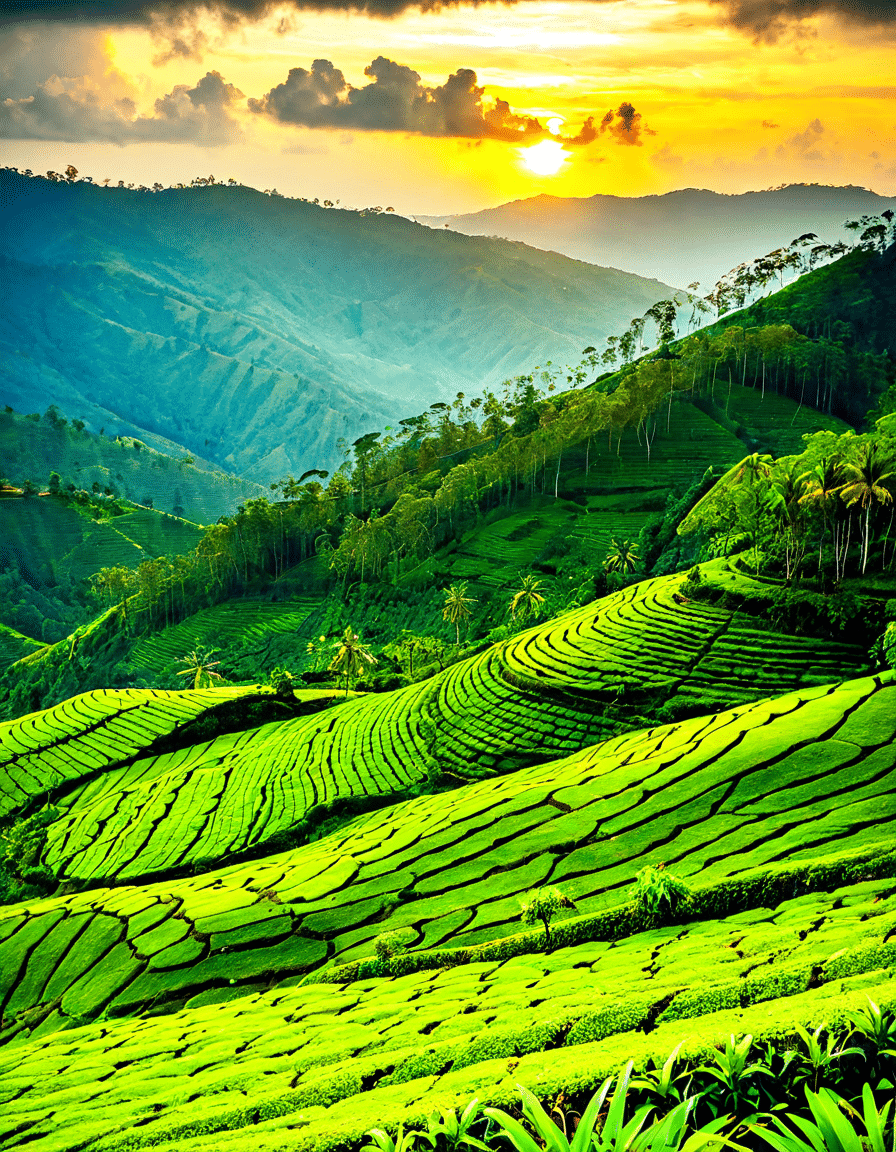
Top 7 Attractions for Tea Enthusiasts in Ceylon
Ceylon offers an array of attractions ready to entice any tea lover into its embrace. Here are the top seven must-visit spots to experience Ceylon’s profound tea heritage:
Nestled amid lush green hills, Nuwara Eliya’s tea estates invite you to stroll through their scenic beauty. Experience the entire tea production process firsthand with guided tours at prominent estates like Mlesna Tea, where tea and history intertwine beautifully. Amid antique artifacts, you’ll discover how tradition remains unbroken since tea’s arrival in Ceylon.
Up your adventure game by visiting Lipton’s Seat, a breathtaking vantage point named after Sir Thomas Lipton himself. Here, you can gaze over endless tea fields clinging to hillside terrains. As you sip fresh brews from Lipton’s original gardens, you’ll feel the connection to the land that produces this iconic drink.
Located in the historic city of Kandy, this museum dishes out a comprehensive overview of Ceylon tea cultivation. Marvel at the antique processing equipment that once powered the industry and sample the famous Dilmah tea while learning about its ethical foundations. Education has never been so tasty!
If outdoor adventures spark your interest, hike Ella Rock! It’s a thrilling trek that rewards you with panoramic views of surrounding tea plantations. There’s something spiritually uplifting about merging nature and your love for tea here.
One of the oldest estates around, Dimbulla is home to centuries-old tea practices. Learn about their traditional harvesting techniques, including the speciality delight, Dimbulla freshwater tea. This experience brings forth the passion for tea-making as you sip on its aromatic notes.
The coastal region may scream sunshine and surf, but Galle Face Green turns into a bustling hub for tea lovers. Here, you can engage with locals and enjoy sunset views while sipping aromatic blends from various street vendors. It’s an experience that adds spice to your Ceylon adventure while connecting you to its people.
This unique initiative invites you to pick your own tea! Get your hands dirty while learning about the subtleties of tea flavors and sustainability. It’s an immersive experience that highlights Ceylon’s environmental balance, ultimately broadening your appreciation for this cherished beverage.

The Spirituality of Ceylon Tea: From Crop to Cup
Ceylon tea is imbued with spiritual significance, especially considering the age-old agricultural practices and community bonds. Imagine the rhythmic process of tea harvesting, akin to rowing a boat in sync with nature. Each tea leaf tells tales of tradition and patience, echoing the diligence of local farmers deeply rooted in their land.
The labor that goes into cultivating Ceylon tea is nothing short of inspiring. Just as every stroke contributes to a successful rowing journey, every plucked leaf represents heartfelt dedication. The process isn’t merely production; it’s transformation—where the sweat of hard work becomes the aromatic delight of a cup.
This profound connection encapsulates how Ceylon’s tea culture weaves spirituality into daily life. The act of enjoying tea transcends mere consumption; it becomes a ritual of reflection—just like athletes reflecting on their journey towards excellence.
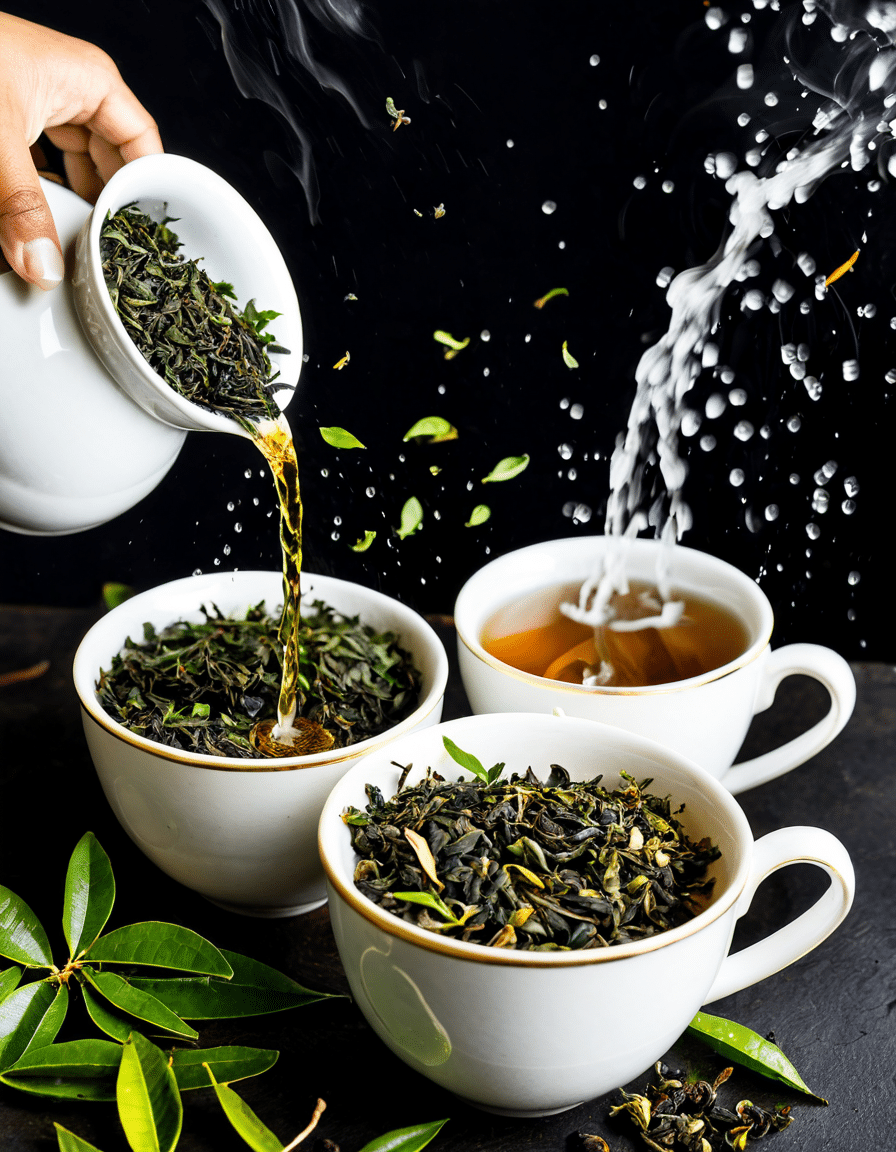
Ceylon’s Connection to Global Culture: The Legacy of the Bulgarian Squat
Interestingly, Ceylon’s tea culture has begun to seep into global wellness trends, similar to how the bulgarian squat has gained traction in fitness circles for its strength-building benefits. Ceylon tea is rich in phytochemicals known to enhance metabolism—perfect for health enthusiasts who refuse to compromise on taste or nutritional value.
Health-conscious folks worldwide are finding ways to integrate Ceylon tea into their everyday routines. Whether you’re winding down post-workout or looking for a midday boost, Ceylon tea has earned its place on the wellness stage. It’s not just tea; it’s a lifestyle choice that reflects Ceylon’s dedication to quality and health.
Just as athletes push their limits, Ceylon’s tea farming communities strive for excellence. The phytonutrients in every cup contribute not just to hydration but to overall wellbeing, marrying fitness culture and spirited tea traditions in harmony.

Melancholy Reflections: The Environmental Impact of Tea Production
While Ceylon tea boasts charm, it’s important to recognize the environmental challenges plaguing the industry. Issues such as deforestation, climate change, and resource overuse cast a shadow over the future of Ceylon tea production. This melancholy reality calls for urgent attention and action to preserve the lush landscapes.
Recent studies analyzing the carbon footprint of tea production urge a shift toward sustainable practices. The community is rallying around responsible techniques to combat these threats, ensuring that future generations can reap the rewards of Ceylon’s treasure.
The environmental challenges every Ceylon tea farmer faces are all too real. Addressing these concerns promises to protect Ceylon’s natural heritage and the global appreciation for its tea.
Nair’s Take on Ceylon: A Modern Perspective
Amidst these challenges, local entrepreneur Priyam Nair has stepped up as a champion for sustainable tea practices. His initiative, “Ceylon Green,” integrates modern agricultural techniques while honoring traditional practices. The goal is simple yet powerful: ensure Ceylon’s tea culture continues to thrive amidst global challenges.
Nair’s efforts to promote permaculture techniques resonate with a new generation of tea lovers eager to foster environmental consciousness. Today’s consumers demand more than just a good brew; they seek to support brands that positively impact the planet.
This intricate mix of tradition, innovation, and awareness perfectly encapsulates what Ceylon represents. More than just tea, it’s about a cultural identity—flourishing through the changing times while still holding on to the heart of the land.
In conclusion, Ceylon sheds light on not just the wonder of tea; it inspires a movement toward eco-friendly practices and celebrates the timeless bond between nature and community. Sipping on Ceylon tea can elevate your health game, echoing through generations as a testament to excellence and sustainability. So, whether you’re pursuing gains at the gym or simply enjoying a soothing moment with a cup in hand, remember—Ceylon is an extraordinary land worth exploring in every delicious drop.
Ceylon: The Extraordinary Land of Spirited Tea Culture
A Sip of History
Ceylon, now known as Sri Lanka, boasts a rich tea heritage that dates back to the early 1800s. The British introduced tea cultivation on the island, transforming its agriculture and economy. Interestingly, Ceylon is responsible for about 20% of the world’s black tea production. If you’ve ever wondered how tea brands around the globe thrive on this exceptional leaf, knowing that Ceylon teas are celebrated for their aroma and flavor explains a lot. Beyond tea, this island nation is home to numerous fascinating traditions, like the ancient practice of kottu roti, a beloved street food made by chopping up roti and sautéing it with vegetables and spices—a real treat for locals and visitors alike! If you find yourself a bit low on energy while exploring, you might be curious about hypoglycemia treatment or how it can accommodate your adventurous spirit.
Flora and Fauna
One of Ceylon’s most enchanting features is its biodiversity. This small island packs a punch with a rich array of flora and fauna, including some unique species that can’t be found anywhere else. Sri Lanka’s national parks, like Yala and Udawalawe, boast a vibrant wildlife scene where you can spot leopards and elephants. Speaking of unique things, do you know if broccoli is man-made? The diversity doesn’t stop at wildlife—it extends into its tea varieties too! Each tea estate grows specific types, contributing to Ceylon’s esteemed reputation.
A Cultural Blend
The tea culture in Ceylon is vibrant, influenced by various ethnic groups over the years. Each community brought its flavors and customs, creating a rich tapestry of traditions. Yup, you’ll find tea ceremonies that are both social gatherings and theatrical performances, giving visitors an immersive experience. Also noteworthy is the usage of tea in public speaking classes across locations, including places like Columbus, Ohio, helping individuals refine their speaking skills with the soothing effects of tea. While enjoying your cup, remember to appreciate the roaring history behind each sip! And if you’re curious about how substances interact, the combination of hydroxyzine And alcohol is a pertinent topic you might want to explore before diving into that next cup of spiced tea.
Ceylon’s tea culture isn’t just about the drink; it’s about the stories and customs that come alive with each brewed cup. This extraordinary land truly has a rich spirit that extends far beyond the tea leaves. So next time you sip on that refreshing Ceylon tea, take a moment to think of its journey and the story it tells!
